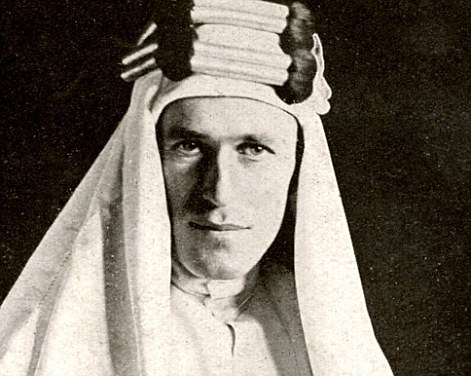After-War Germany and the Treaty of Doom
The End of the First World War and the Interwar Period
7 months after the end of WW1, the Treaty of Versailles was signed by the Allied powers who had finished the war. This treaty was very one sided and eventually led to the rise of Nazism. The treaty placed many restrictions on the German economy and military, while also forcing them to pay heavy reparations. The price to pay for the First World War was $55,000,000,000. This may not seem like very much, as Bill Gates owns more than that all bu himself, but that was in 1919. Adjusted for inflation, that 55 billion dollars today is actually $887,295,695,364.24. This is the reason why Germany only stopped paying the fines in 2011! The close to 1 trillion dollar fine crippled the German economy after they were forced into a democratic government, commonly known as the Weimar Republic. Shortly after the war, the republic spiraled into a deep economic decline that left their neighbors speechless at the failings of the state they had created. Unemployment soared and inflation skyrocketed. Millions of people already tired of the conditions during the war left the country, emigrating to neighbors and far away places like France and the United States. As the population lowered, the economy actually started to improve slightly, as there were less people to feed and less unemployed citizens. Just as there seemed to be a glimmer of hope, the stock markets in the United States crashed, launching a majority of the world into the great depression. Unemployment soared again, but this time, it was much worse. The number of unemployed people now heavily outnumbered the amount of people with jobs.
A new political party arose, and sparked hope for many people. The leader of the party would hold rallies, and protesters who showed up at his rallies would be beaten by his private forces that he called the Sturmabteilung, or SA. The leader of the party, although he looked awkward and peculiar, gave rousing speeches that continued to attract more and more followers. These followers tried time and time again to get him elected to the position of president and chancellor, but the majority always voted otherwise. Eventually, the president Paul von Hindenburg, who was going senile at the time, placed Hitler, the leader of the SA and National Socialist German Workers Party, as chancellor. As the following weeks placed Germany in a state of emergency, Hitler stole the power away from parliament, or Bundestag, and declared himself the Fuhrer. He started to introduce reforms, many of which violated the Treaty of Versailles. Britain and France knew that Germany was violating the treaty, but they decided not to stop them, something that would turn out to be a fatal decision, as they acted too late when they did. Germany annexed Czechoslovakia and Austria, claiming that they were only restoring the German speaking territories to the Reich(empire). They re-militarized the Rhineland, an area where troops had been banned on the border of France. Germany also exceeded their force limit created by the Treaty of Versailles of only 100,000 men. When Hitler decided the army was sufficiently large, he unveiled the Luftwaffe, the new secret air force of Germany. He eventually decided to invade Poland alongside the Soviet Union, unleashing the Panzer Corps and the new blitzkrieg tactics. With these new innovations, it only took 18 days to invade Poland! This shocked the rest of the world, and France and England finally declared war on Germany, although too late. I’ll go into greater detail of the outbreak of war in later posts, and maybe more into the SA and politics of the world.
 Thomas Edward Lawrence 1888-1935
Thomas Edward Lawrence 1888-1935